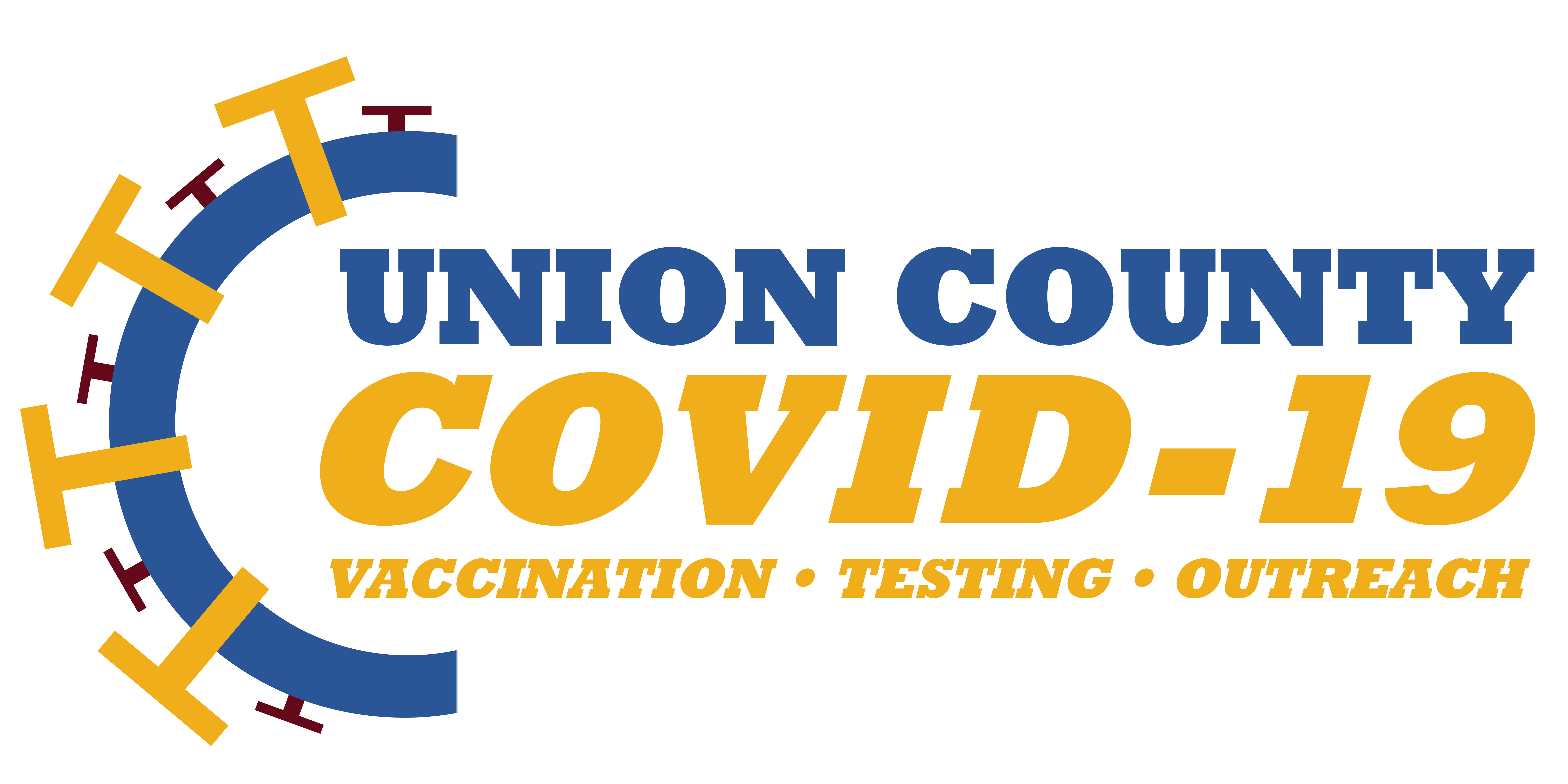If you tested positive, a member of your local health department will contact you with instructions on what to do next. Your name and personal information will NEVER be shared. You may be asked information related to your employment, medical history, and household. You will never be asked to provide credit card or bank information, Social Security number, or immigration status. ICE will not be notified of your location.
I tested positive for COVID-19. What should I do now?
If you tested positive, you must stay at home and self-isolate. This means stay in a different bedroom from others in your home, and if possible, use a separate bathroom. You must self-isolate until 1 full day (or 24 hours) has passed since you had a fever without the use of medications AND other symptoms are greatly improved AND at least 10 days have passed since symptoms first started, or, if you had no symptoms, stay home 10 day after you received your positive test results.
If you live with other people and they were not tested, they should keep their distance from you. This includes not eating meals together and not sitting around the house together. Practice social distancing as much as is possible (stay at least 6 feet from each other). Wear face coverings when in public.
What should the people who live in my home know/do?
If they are symptomatic (sick; have COVID-19 symptoms), they should also self-isolate for 1 full day (or 24 hours) until they are fever-free without the use of medications AND other symptoms are greatly improved AND at least 10 days have passed since symptoms first started. If the symptoms are mild, they should recover at home. If the symptoms worsen and a medical evaluation is needed, call health care provider.
If they are asymptomatic (not sick; have no COVID-19 symptoms), they should self-quarantine for 14 days AFTER any sick person in the household’s self-isolation period ends. If the asymptomatic person develops symptoms, they should follow the self-isolation instructions above. Symptoms may take 2-14 days to appear. It is important to monitor their health long enough to ensure they do not develop symptoms. Consider getting a viral COVID-19 test to see if you are currently infected.
What is the difference between mild and moderate symptoms?
Mild symptoms are when you feel unwell but can stay home and manage at home. Most people with mild symptoms can recover from home. See above for how long you should stay home/self-isolate. Moderate symptoms are those where you may need a medical evaluation from your health care provider. If your symptoms worsen over time and do not get better, especially if you have trouble breathing, call your health care provider to determine next steps.
Should I tell other people that they may have been exposed to the COVID-19 virus?
Those who have been closest to you for a prolonged period of time are going to be at highest risk. Household members and others with whom you spent a prolonged period of time (more than 10 minutes) within 6 feet of you, or shared a meal, would be at increased risk and should be advised to self-quarantine at home for 14 days AFTER your, or any sick household members self-isolation period ends. If the asymptomatic person develops symptoms, they should follow the self-isolation instructions above.
People who you did not spend a prolonged period of time (less than 10 minutes) within 6 feet are at lower risk. This would include people that you may have been in an indoor space for a prolonged period of time. They should monitor their health; no restrictions about where they go. They should wash hands often, practice social distancing and wear face coverings. If possible, you should notify individuals above regarding your illness. Work or school supervisors may be informed to help with this process. People who you may have casually come into contact with (e.g., passed by in the hall, briefly spent time within a room, shared a short elevator ride), are not considered to be at risk and do not need to be contacted.
There are many programs in place to help you and your family including medical treatment, unemployment insurance, child care resources, and food assistance.
- Your employer cannot fire you if you need to self-isolate. Your job is protected.
- Union County regularly organizes food drives in partnership with the Community FoodBank of New Jersey. If you’re in need of fresh food, visit ucnj.org/press-releases for any upcoming event information.
- If you experience any unemployment issues due to isolation, you may be entitled to additional benefits pursuant to federal legislation.
- Let your contact tracer know if you cannot safely isolate at home; they may be able to find you a safe space elsewhere.
